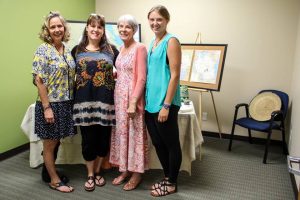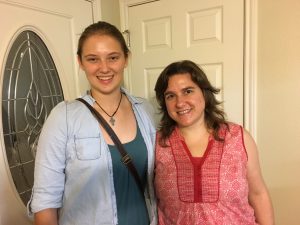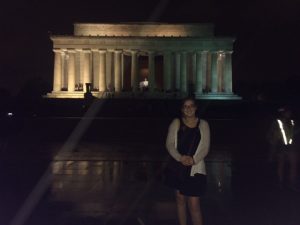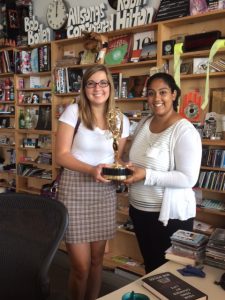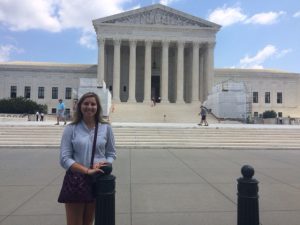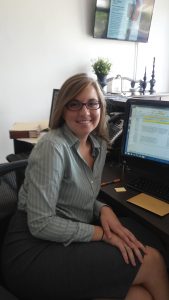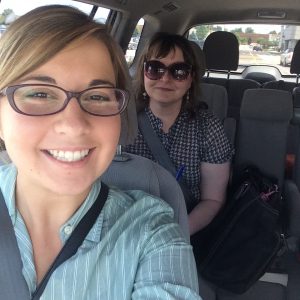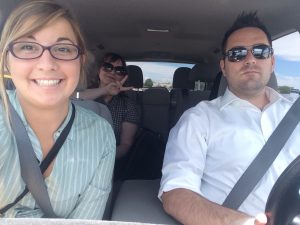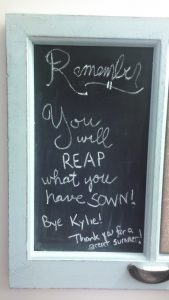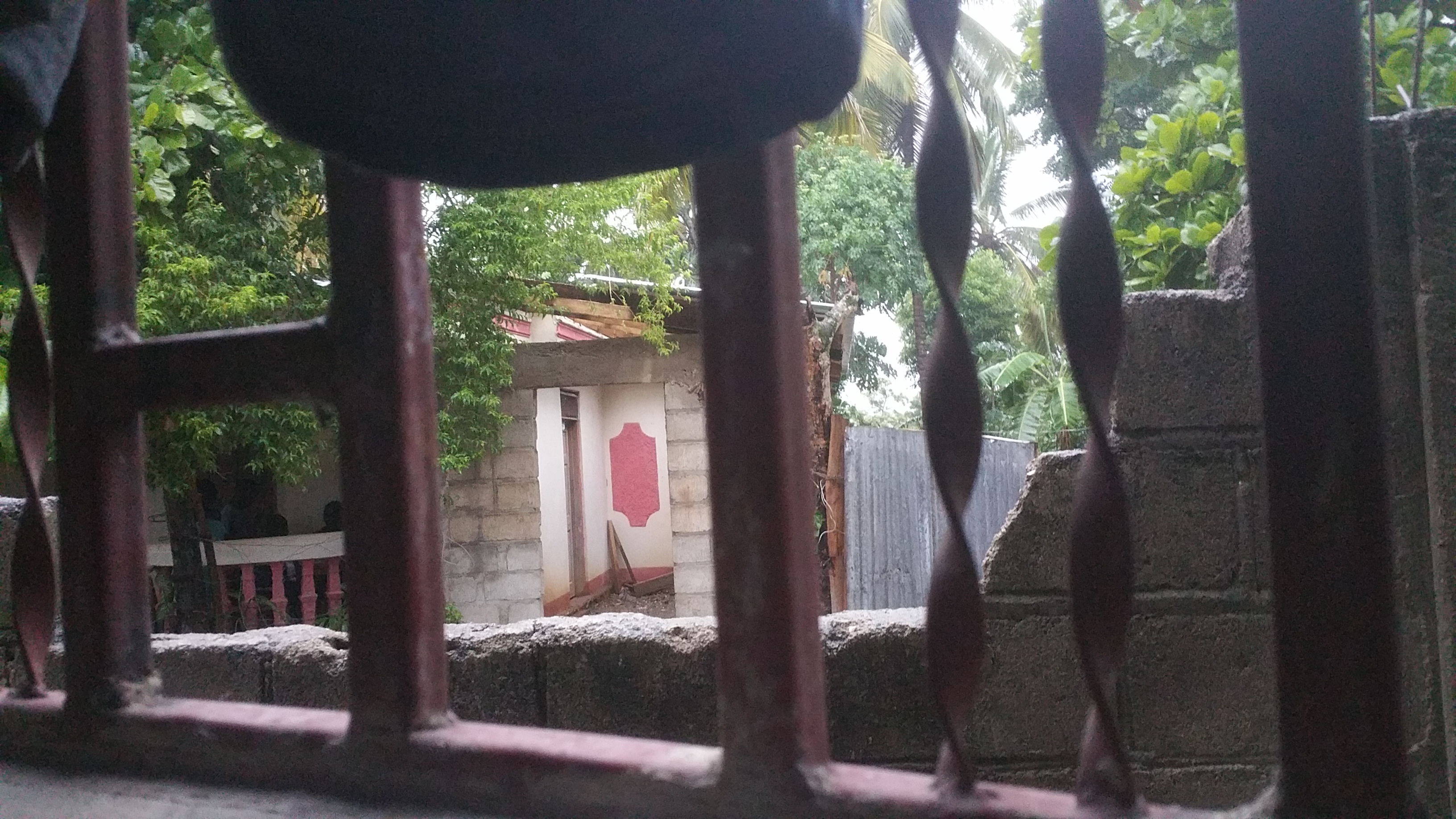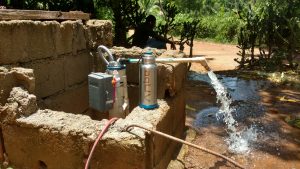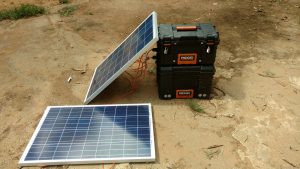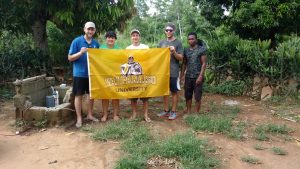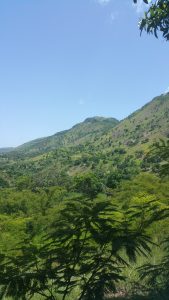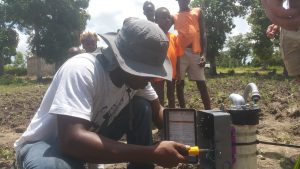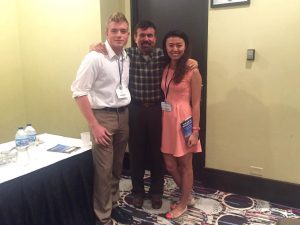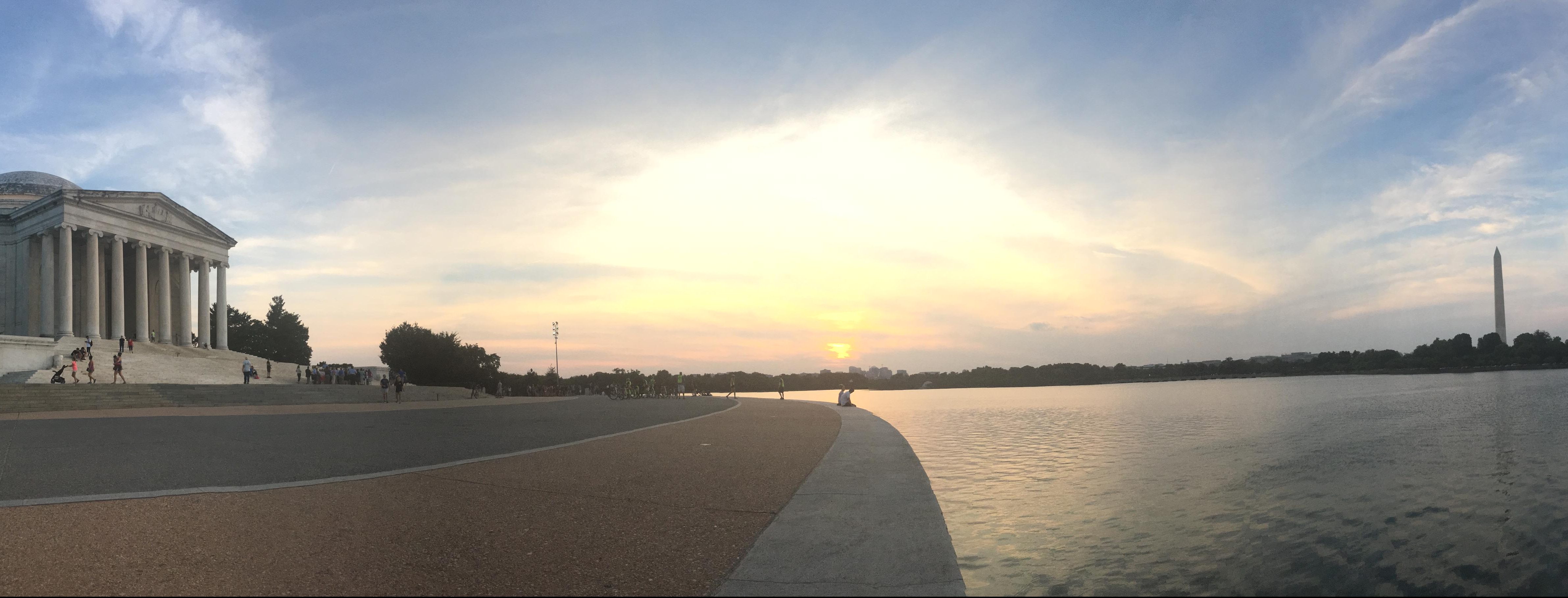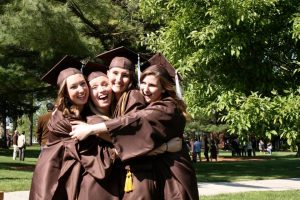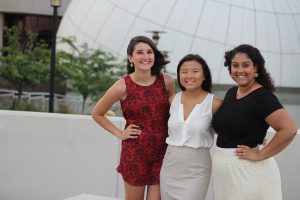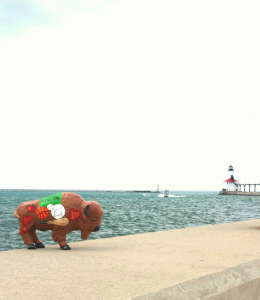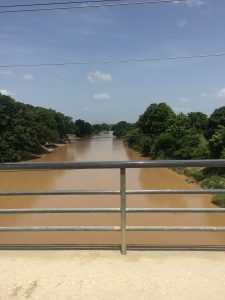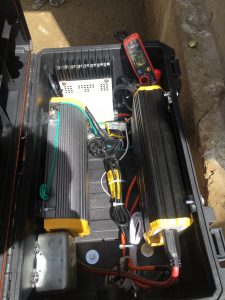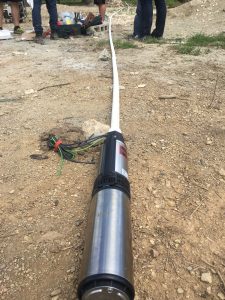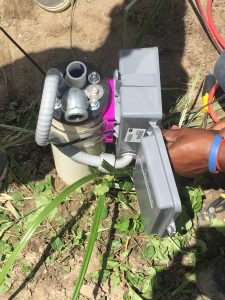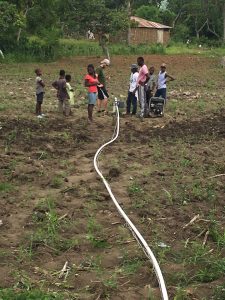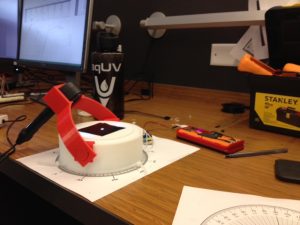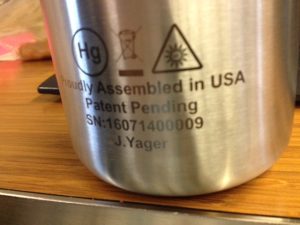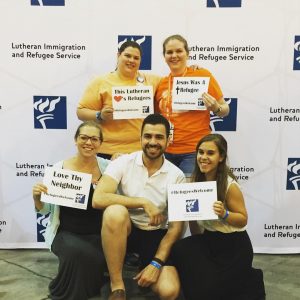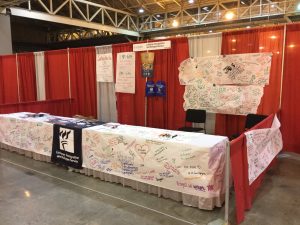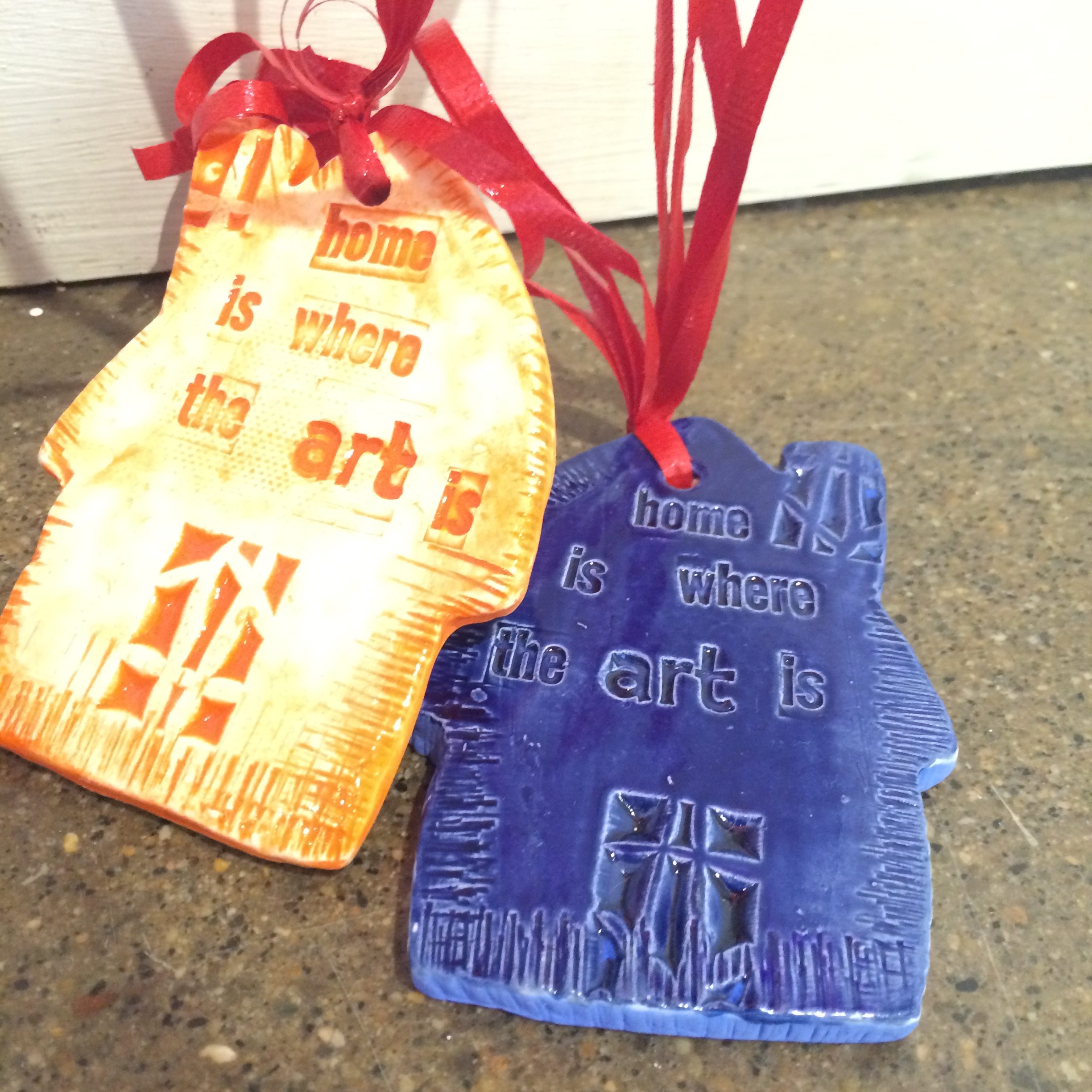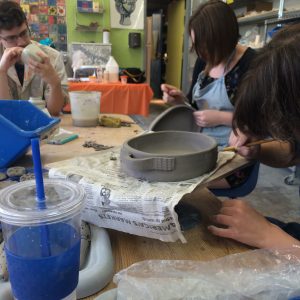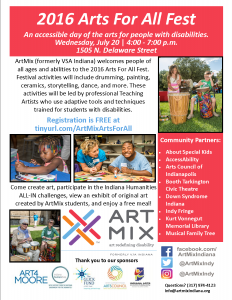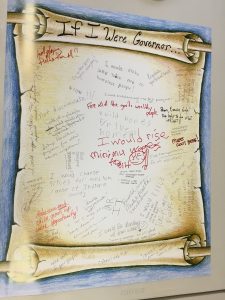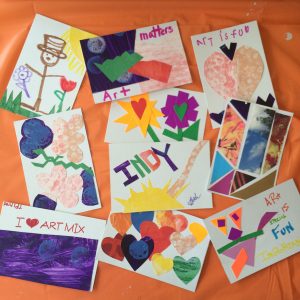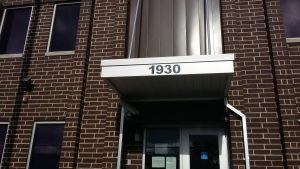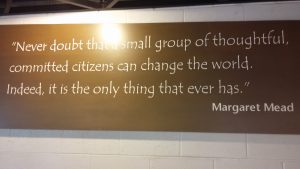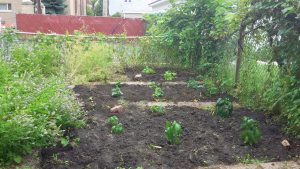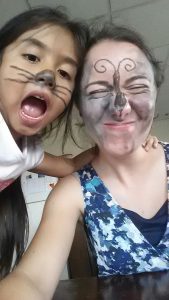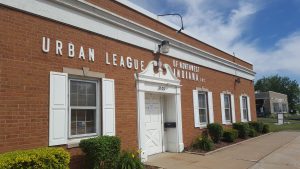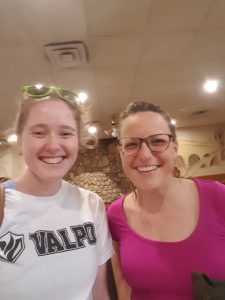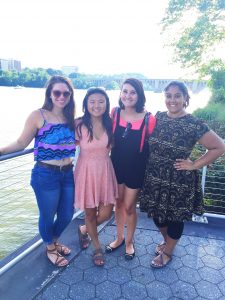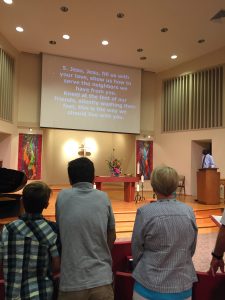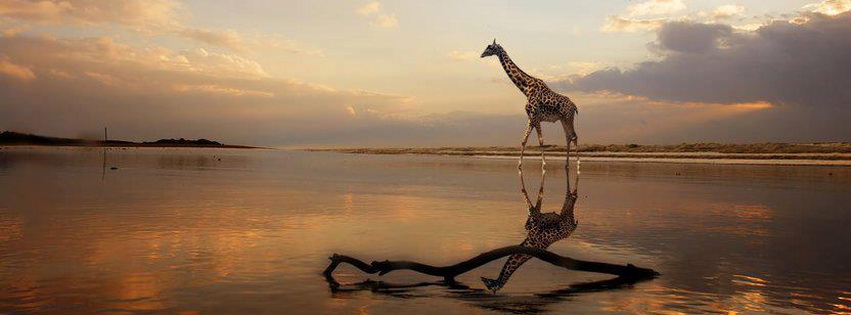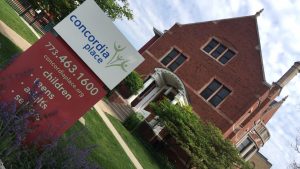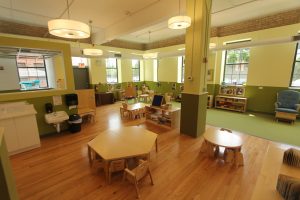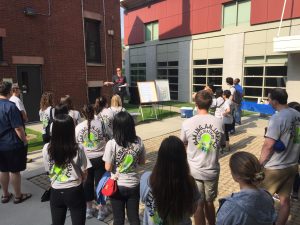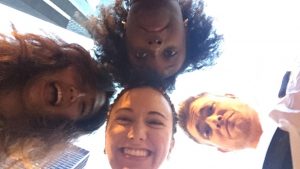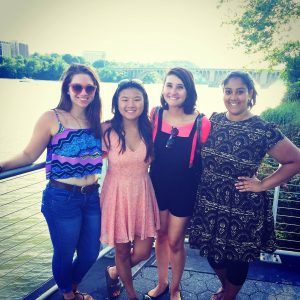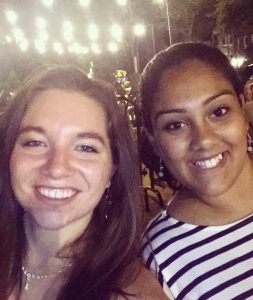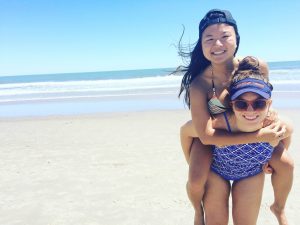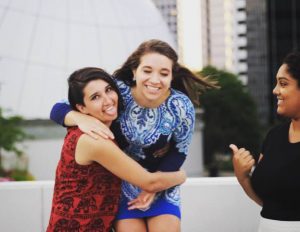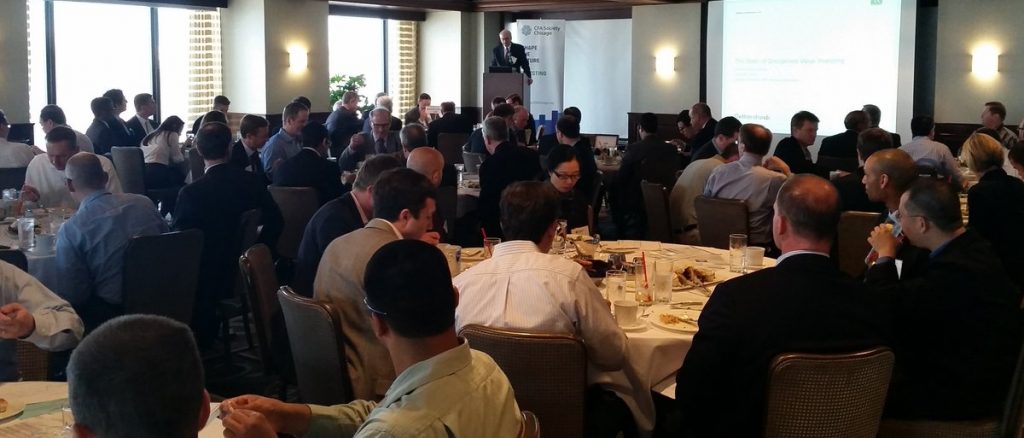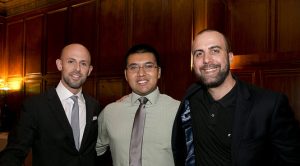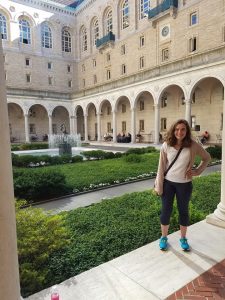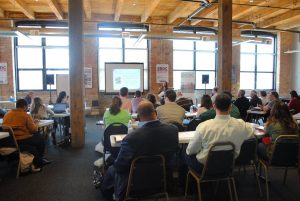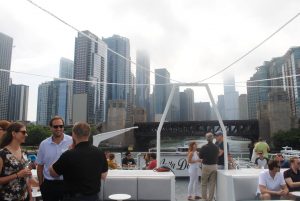I received an email this week with the subject “Sadness is the end of a summer internship.” Well Paul, you hit the nail right on the head. Sadness. That’s exactly what I’m feeling as this internship comes to an end.
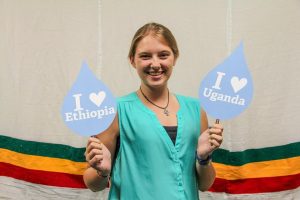
My advice: always volunteer to model for photographers to get their settings right, you get cute pictures out of it!
I’m sad that I have to leave Austin, TX. I was just getting to know this place and everything it has to offer and it really is a fun place to live. I’ve loved learning about and serving at some of the many non-profits around town, running through the golf course down the street, biking along the river, and going to Shrek the Musical for free. Little by little, it started to feel like somewhere I could call home.
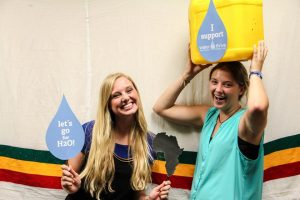
Jazzy (W2T Outreach and Communications Coordinator) and I encouraging Open House guests to come enjoy the “photo booth”
I’m sad that I have to leave my fellow interns (or rather, that they have already left me). Even though we were never working on the same projects, the four of us became our own little club working at the back counter that probably shouldn’t have been a desk for four. It will be a lonely last two days without them.
I’m sad that I have to leave all of the amazing ladies in the office. I could always count on a ‘Good Morning,’ a smile, and someone to commiserate about coffee habits with, and the next office I work in will feel a little bit different without these wonderful women.
I’m sad that I will no longer be working for my supervisor Susanne. I may never have a boss again who will dance with me in the middle of the office to traditional Ethiopian music, and “chuck up the deuces” (double peace signs required) right back at me on my way in and out of her office. She echoes my carefree attitude and I’m so thankful for the atmosphere that she’s created for me to work in.
I’m sad that I have to leave Water to Thrive. I’ve fallen in love with this organization, the work that they do, the people that do the work, and the people they serve. It’s not going to be an easy goodbye.
As much as I feel the sadness however, the gratitude for all of these amazing parts of my life for the last 10 weeks overcomes me. It has been a huge blessing to me to be a part of this organization and pour my heart into it. While sitting at the same desk every day working on the same 60-page document was not always the most engaging activity, I still looked forward to coming to work every single morning.
Since coming to college I’ve taken advantage of opportunities to travel to 8 different countries and spend a summer 20 hours away from home and every time I return from these adventures, something inside me is different. I’m challenged on a personal level in ways that Greenfield, WI and Valparaiso, IN can’t challenge me. I’m comfortable in those places, surrounded by people that I love, and that’s amazing. Those are places that I can call home and always look forward to going back to, but I simply am not pushed out of my comfort zone the way I have been by everything that this summer has thrown my way.
So to Austin, TX, my fellow interns, the ladies in the office, Susanne Wilson, and Water to Thrive, I say this: I can’t put into words how much your presence in my life for this short time has meant to me. You’ve made me laugh, you’ve made me smile, you’ve challenged me, you’ve changed me, and a piece of my heart will always stay here with you.

